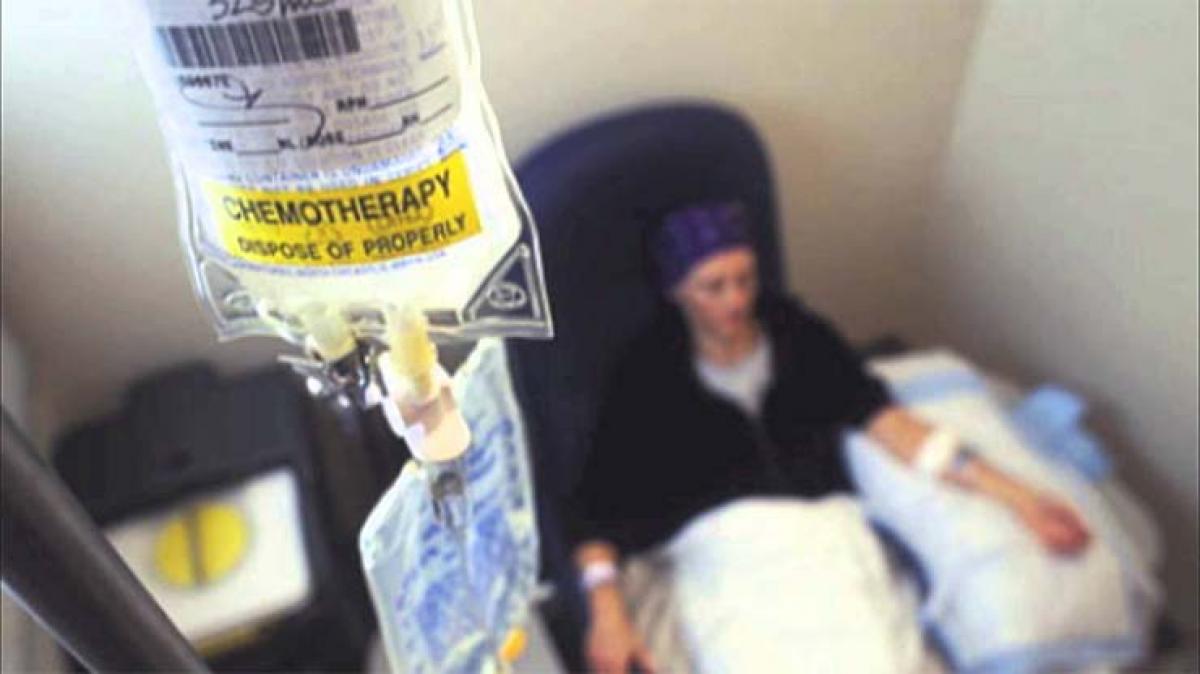Live
- PKL Season 11: We're determined to push for top spot in standings, says Puneri Paltan coach BC Ramesh
- Awareness Program on the Harmful Effects of Tobacco Products
- Delhi govt re-launched senior citizen pension scheme despite challenges: Bharadwaj
- Bihar Assembly's winter session begins, three newly elected MLAs take oath
- Inflation to ease, economic growth to accelerate in coming months: Finance Ministry
- Protesters clash with police in J&K’s Katra town
- Senior Bengaluru Police Officer Accused in Suicide of Businesswoman S Jeeva
- Sidhu makes U-turn, says wife underwent cancer treatment along with Ayurveda-based diet
- Demand for entry-level talent surges 59 pc in India’s tech sector
- AIIMS adds 2 new MRI machines to provide more efficient & timely radiology diagnosis









